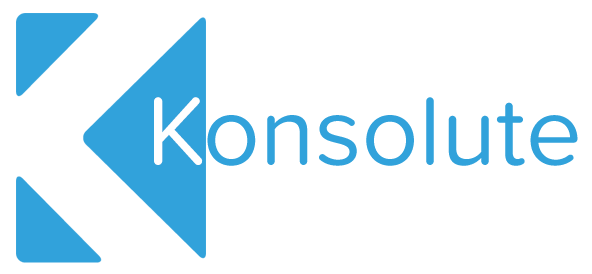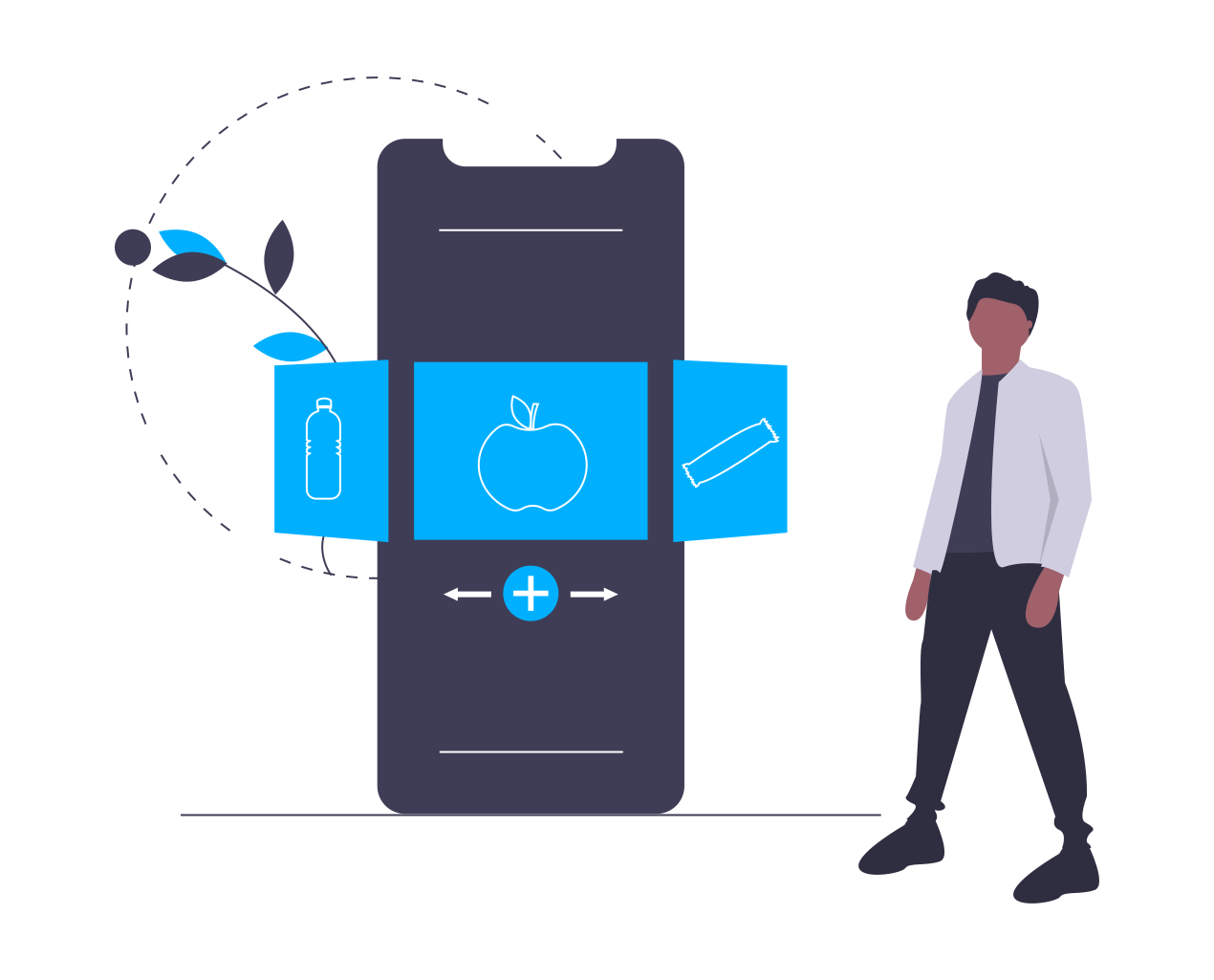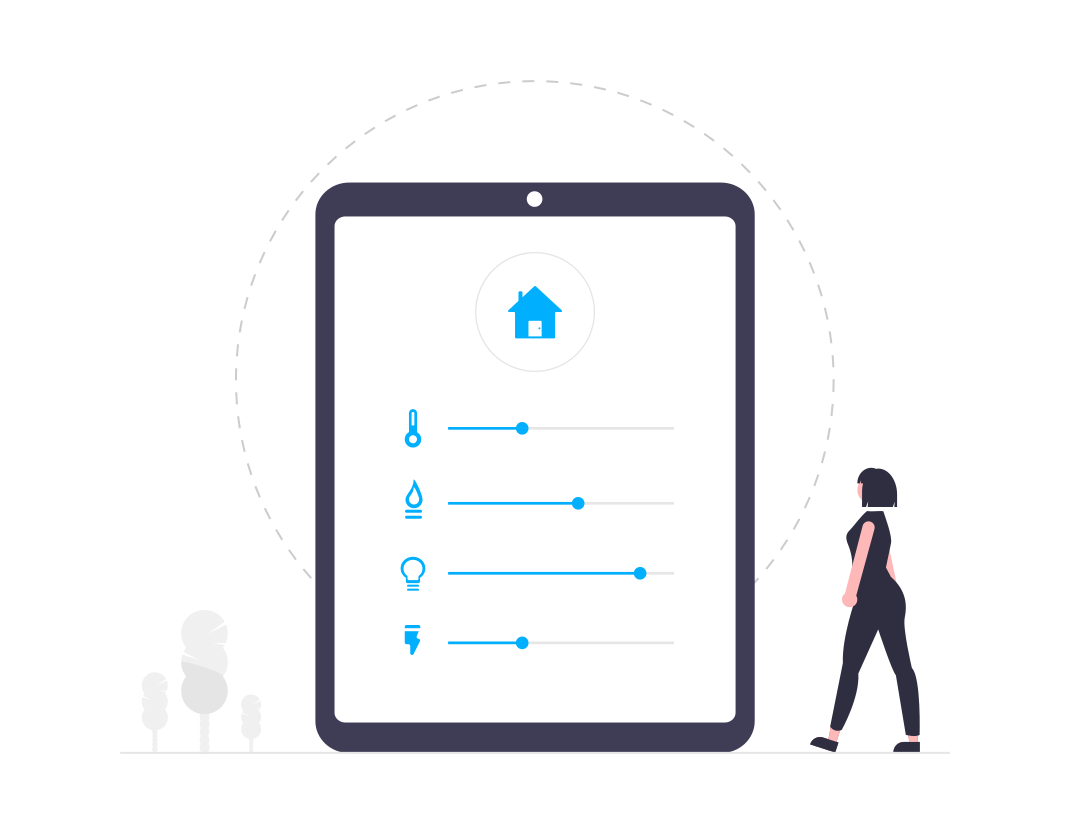Quality Management Systems
Getting to grips with your PDCA cycle: 3 Big Differences between Quality Assurance and Quality Control.
Looking to dive into the world of better quality management? There’s a lot to understand and unpack.
Today we’re addressing the difference between Quality Assurance and Quality Control. Both are important aspects of Quality Management and we think it’s useful to understand the difference.
Here at Konsolute, we’ve helped companies from all sectors achieve their own specific standards through Quality Management Systems. Both Assurance and Control are vital to the smooth running of organisations undergoing auditing processes. Getting a firm understanding of both will help improve your PDCA cycle and achieve universal ISO standards. Below we’ve provided a high level overview of QA vs. QC before heading into some more specific examples of how these two measures of quality can be compared and contrasted.
Quality Assurance
Quality Assurance can be described as “part of quality management focused on providing confidence that quality requirements will be fulfilled.” In general, this confidence is provided by quality assurance in a twofold manner—internally to management and externally to customers, government agencies, regulators, certifiers, and third parties. An alternate definition is “all the planned and systematic activities implemented within the quality system that can be demonstrated to provide confidence that a product or service will fulfill requirements for quality.”
Quality Assurance processes include; documentation, audits, training, investigative procedures, controls and accesses, supplier management.
Quality Control
Quality control can be defined as “part of quality management focused on fulfilling quality requirements.” While quality assurance relates to how a process is performed or how a product is made, quality control is more the inspection aspect of quality management. An alternate way of phrasing this is “the operational techniques and activities used to fulfill requirements for quality.”
Quality Control procedures include; batch inspection, product sampling, validation testing, lab testing.
Some Key Differences:
1.Before Production or After?
Fundamentally, Quality Assurance is process-oriented, and it focuses on the prevention of end user/ product issues. Control on the other hand is centred around quality issues in manufactured products.
An easy way to visualise this process vs. product is to imagine a timescale of production from concept to completion. Assurance comes at the beginning of that timeline, it is involved in the planning stage. Control in the final step before release to the public, it is also the stage that encourages continuous improvement of your quality life cycle and helps you stay on top of your assurance policies.
2.Proactive or Reactive?
The most obvious difference between these two is their reaction to quality. Quality Assurance aims to step in before defects or mistake occur. On the other hand, Quality Control is reactive and acts to flag up issues and defects once they have happened.
Quality Assurance is the promise of processes that will help to protect quality. This is done through documenting standard operating procedures- if these processes are followed you should have a safe, effective end output. Quality Control steps in after the product has been finished, if it identifies issues with quality this should trigger the prevention of distribution etc. Quality Control issues should naturally lead to a review of Quality Assurance procedures. Corrective and Preventive action (CAPA) investigations can be used to officially diagnose where issues occurred.
3.Large scale effort or Specialised team members?
Often, Quality Assurance is a team effort- all members of an organisation are responsible for upholding their responsibilities to meet standards. Despite the QMS system being orchestrated by heads of department/ a quality team, assurance polices like training, documenting and reviewing should be completed by all organisational members.
Quality Control is often designated to a smaller team of product testers and they follow procedures that help document findings and advice changes to assurance polices if necessary.
Quality Assurance vs. Control Which is More Important?
The answer to this? They are both equally important stages in a quality management lifecycle, the keep quality managers improving their service and products. However, depending on sector you may decide to put a stronger focus on Assurance when the production risk is high (Nuclear organisations spring to mind.) In the same breath, if we take a food sector item like a chicken nugget, quality control must be rigorous and regular ensuring an discrepancy between batches are screened for.
For some service organizations, the concept of quality control may be foreign because there is no tangible product to inspect and control. The quality assurance function in a service organization may not include quality control of the service but may include quality control of any products involved in providing the service.
We hope this blog helped to lay down some foundational key pointers around quality assurance and control and crucially conveyed how indispensable they are in achieving best practice across organisations of all shapes and sizes. If you’d like more help with your Quality Management Systems, why not get in touch? We’d love to chat.
Did you know that we host live demos so you can see our product in action? Click below to request a showcase of how Reflekt can revolutionise your online learning environment.
3 key trends that prove workflow automation is the key to combating poor employee experience.
April 8, 2022
This weeks discussion is finance, the finance cloud and the AI that’s driving modernisation. Blockchain and mobile…
The latest from Microsoft on the future of Modern work, the 2022 Work Trend Index and an exciting road map to make hybrid work work.
March 28, 2022
This weeks discussion is finance, the finance cloud and the AI that’s driving modernisation. Blockchain and mobile…
AI, apps and cloud banking are shaping the investment and banking institutions we all know so well. So, how is the finance sector taking all of this increased accessibility and actionable data and using it for good?
February 22, 2022
This weeks discussion is finance, the finance cloud and the AI that’s driving modernisation. Blockchain and mobile…
A new united Nuclear Waste Service, Hinkley Point C and the pressure of Net Zero.
February 16, 2022
Today we’re discussing the UK’s efforts to manage radioactive waste and the Nuclear landscape the UK government is…
We’re working with the Nuclear Sector and playing our part in the UK’s Journey to a cleaner energy future.
February 3, 2022
Investment in new nuclear capacity is essential to the UK hitting net zero. Building our Nuclear offering will ensure a…





